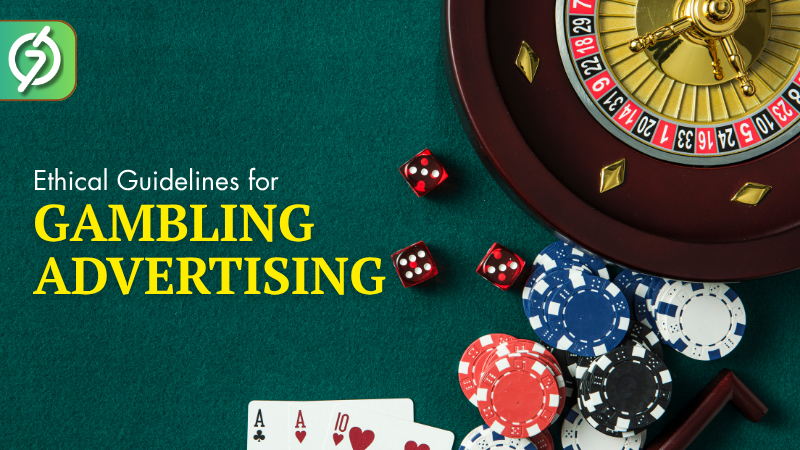
In the fast-paced world of digital marketing, gambling advertising has become a fiercely competitive space. Recent reports suggest that the global online gambling market will surpass $127 billion by 2027, making it a lucrative but highly scrutinized vertical. Marketers are constantly searching for ways to stand out, but the ethical implications of their campaigns are under more spotlight than ever.
For advertisers, the challenge is clear. How do you drive engagement and conversions while respecting the boundaries set by regulations and social responsibility? Missteps can cost both brand reputation and revenue, but ethical approaches often yield sustainable long-term results. This is why understanding the subtle balance between persuasive marketing and ethical boundaries is crucial.
Understanding the Pain Points in Gambling Advertising
One of the biggest challenges advertisers face in this industry is compliance. Platforms and regulators increasingly monitor gambling ad campaigns to prevent targeting vulnerable audiences or promoting irresponsible behavior. For instance, advertising platforms now have strict rules regarding the placement, wording, and targeting of gambling ads. Failure to comply can result in ad disapprovals, account suspensions, or even fines.
Another pain point is audience trust. In a market where players are wary of scams or misleading promotions, maintaining credibility is critical. Many advertisers notice that campaigns focusing solely on flashy graphics and big bonuses often underperform because consumers have grown skeptical of exaggerated claims.
Ethical Marketing in Practice
Marketers who blend ethical practices with smart targeting strategies often see better engagement rates. By transparently highlighting responsible gambling guidelines or showcasing promotional offers without overselling, campaigns gain credibility. This approach also improves customer retention because users feel respected rather than manipulated.
One practical tip is to segment audiences carefully. Using data-driven insights, advertisers can identify active players versus casual browsers and design messages that are relevant, informative, and non-intrusive. Not only does this help with compliance, but it also ensures that resources are spent efficiently, leading to better ROI on online gambling promotions.
Another valuable insight comes from ad design. Instead of bombarding users with constant pop-ups or exaggerated call-to-actions, consider subtle nudges like notification banners or contextual prompts. This can enhance user experience while staying within ethical boundaries.
Smarter Approaches to Advertising
Ethical advertising doesn't mean sacrificing effectiveness. In fact, a well-thought-out gambling ad campaign can outperform aggressive campaigns by focusing on engagement quality over sheer volume. Leveraging specialized networks that understand the nuances of gambling advertising can streamline compliance, improve targeting precision, and increase the likelihood of positive interactions.
For instance, using ad networks that specialize in online gambling promotions ensures that your campaigns reach the right demographic without breaching ethical guidelines. This can reduce wasted impressions, enhance click-through rates, and reinforce brand integrity at the same time.
Ethical Considerations in Strategy and Messaging
When planning a gambling advertising strategy, consider these core ethical principles:
Transparency: Clearly communicate the terms, conditions, and risks associated with gambling products.
Responsible Promotion: Include messaging that encourages safe gambling practices, such as budget management tips or self-exclusion options.
Audience Appropriateness: Avoid targeting minors or vulnerable groups. Ensure your segmentation tools and ad placements align with regulatory standards.
Honest Representation: Do not exaggerate winnings or benefits. Focus on value propositions that are factual and achievable.
In practice, these principles are not just compliance boxes to tick—they can actively contribute to better engagement. Users respond positively to campaigns that respect their intelligence and personal boundaries, making them more likely to engage with the brand long-term.
Practical Tips for Ethical Online Gambling Advertising
Here are a few actionable tactics advertisers can implement:
1. Target Smartly
Use data analytics to identify your most relevant audience segments. For example, loyal players might be more receptive to new game launches, whereas new users may need educational content about responsible play. Segmented campaigns prevent oversaturation and reduce ethical risks.
2. Use Clear Messaging
All promotions should be easily understandable. Avoid flashy language that could mislead players about their odds. Honest copy not only complies with regulations but also builds trust in the long run.
3. Incorporate Responsible Gambling Elements
Adding disclaimers, self-limitation options, or links to resources encourages responsible play. Users are more likely to engage positively when they feel the platform cares about their well-being.
4. Leverage Specialized Networks
Partnering with networks experienced in online gambling advertising ensures that your campaigns are delivered in compliant, effective channels. A specialized network can provide insights into what creatives work best while avoiding regulatory pitfalls. Check out how specialized gambling advertising networks can support your campaigns for better reach and compliance.
5. Continuously Test and Optimize
Monitor your campaigns and A/B test different messaging and creatives. Ethical advertising is not static—continuous refinement based on real user responses ensures effectiveness while respecting regulatory standards.
Examples of Effective and Ethical Campaigns
Several brands have successfully navigated the ethical advertising landscape. For example, campaigns that highlight the entertainment value of games rather than just potential monetary gain tend to perform well. Another example is running educational mini-campaigns that guide users on setting play limits or understanding odds. These campaigns often see higher engagement and positive sentiment scores.
By incorporating ethics into your creative process, marketers can achieve both compliance and conversion goals. Ethical campaigns also tend to attract a more loyal audience, reducing churn and increasing lifetime customer value.
Ready to test this approach?
If you're ready to implement ethical strategies in your next online gambling promotion, the first step is setting up your campaign correctly. You can easily create an ad campaign and start leveraging specialized networks to reach your target audience safely and effectively.
Closing Thoughts
At the end of the day, gambling advertising doesn't have to be a tightrope walk between conversion and compliance. By focusing on transparency, responsible messaging, and strategic targeting, advertisers can create campaigns that are not only effective but also ethical. The key is to prioritize long-term trust over short-term gains.
Honestly, the brands that get this right tend to win twice—first with their audiences, and second with regulators. If you approach your campaigns with integrity and intelligence, you’ll see engagement that’s sustainable and meaningful. No gimmicks, no shortcuts, just smart, ethical advertising that works.










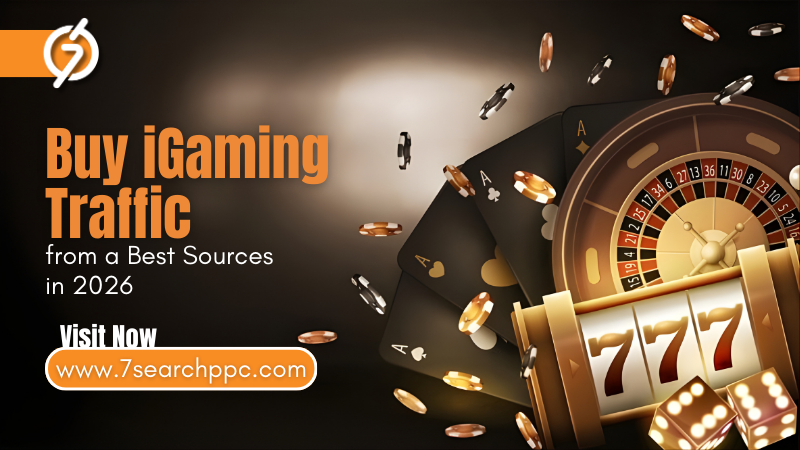
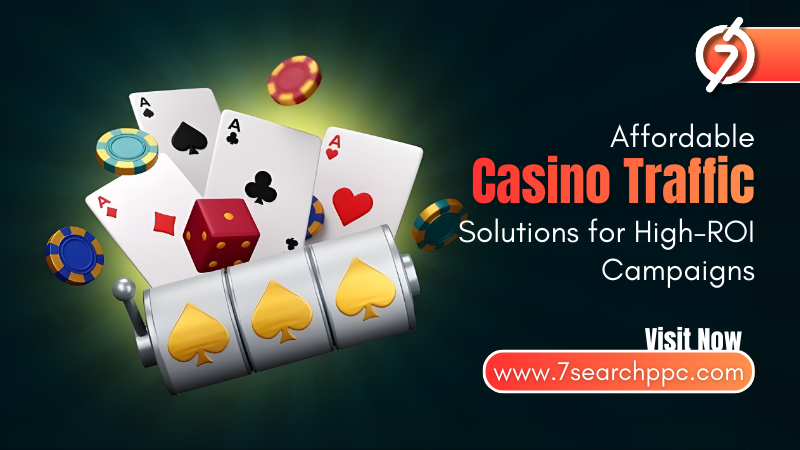

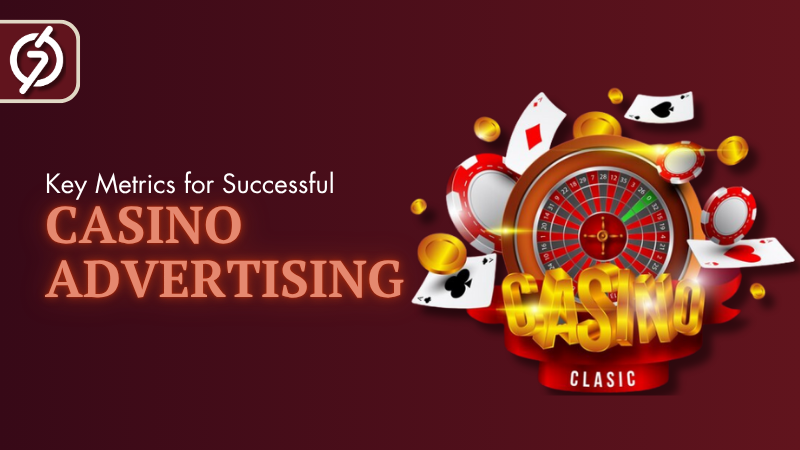



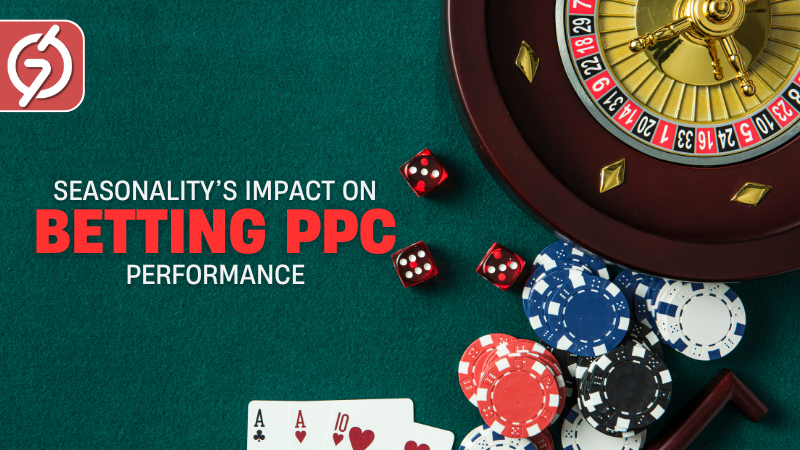
Write a comment ...